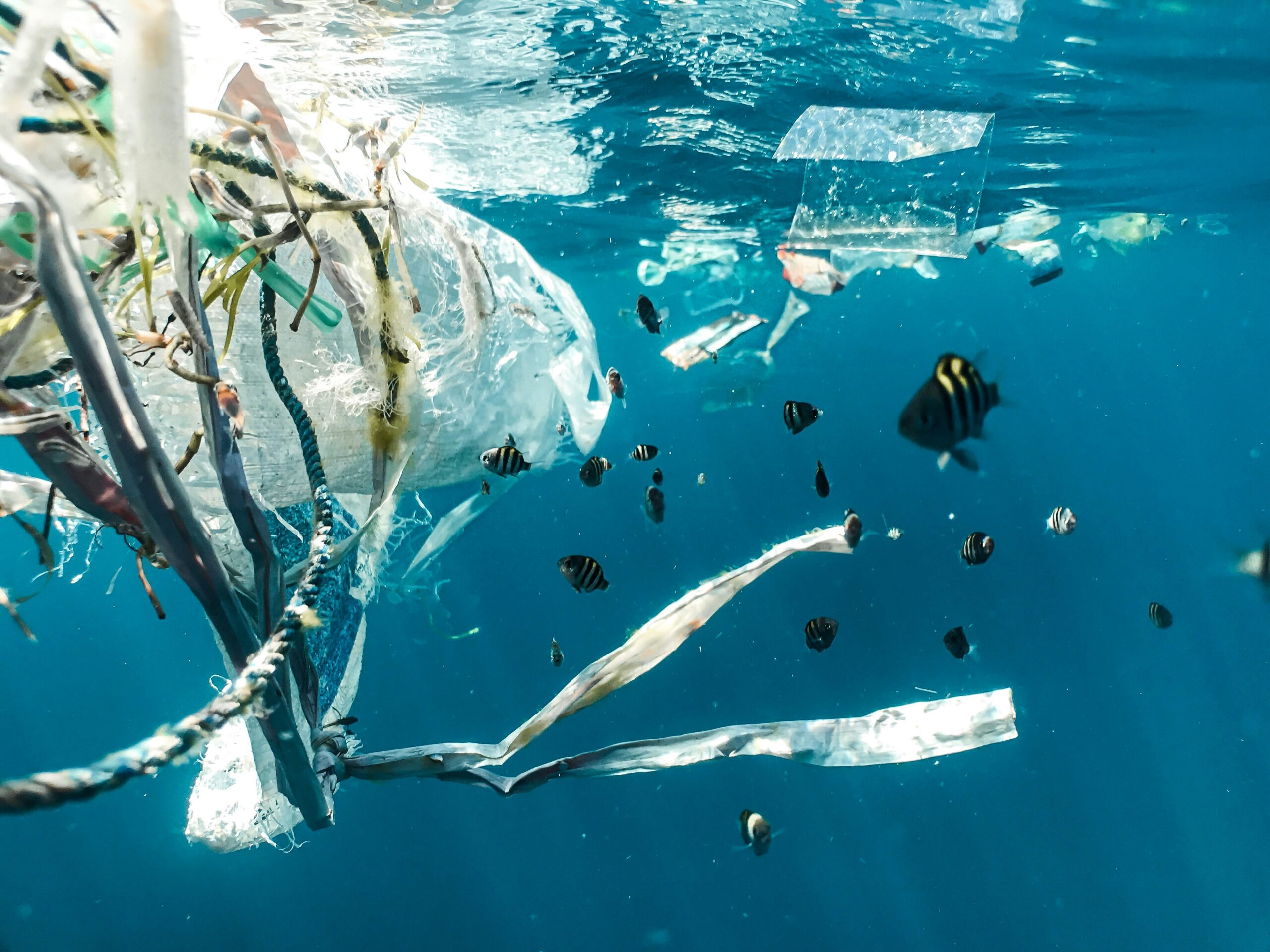10 Hypothetical Scenario: What Would Happen to Earth Without Humans?
Nature would reclaim cities, wildlife would flourish, and pollution levels would decrease. Discover the impact on climate change and the resilience of the Earth.
Humans have undeniably left a significant mark on planet Earth. Our influence has shaped the environment, altered ecosystems, and transformed landscapes.
However, it is intriguing to ponder what would transpire if we suddenly vanished from the Earth’s surface. While we are not currently facing extinction, the hypothetical scenario of our disappearance raises questions about the planet’s future and whether it would fare better without us.
1. Nature Reclaims Cities
In the absence of humans, nature would begin to reclaim the cities we have built. Buildings, roads, and infrastructure would gradually succumb to the forces of weathering and decay. Plant life would take hold, with trees sprouting through pavement cracks and vines enveloping structures. Over time, cities would become unrecognizable as nature gradually erases our urban footprint.
2. Wildlife Flourishes
Without human interference, wildlife populations would likely flourish. Animals that have adapted to urban environments, such as rats and pigeons, may initially struggle as their primary food sources dwindle. However, over time, ecosystems would rebalance, and native species would thrive. Endangered species may have a chance to recover in the absence of habitat destruction and poaching.
3. Climate Change Impact
Human activities have contributed significantly to climate change. The absence of our carbon emissions would have a positive impact on the planet’s climate. However, it is important to note that the Earth’s climate is a complex system influenced by various factors. While the immediate reduction in greenhouse gas emissions would be beneficial, the long-term effects would depend on the natural processes that would come into play in our absence.
4. Pollution Levels Decrease
The reduction in human activity would lead to a significant decrease in pollution levels. Air quality would improve as emissions from factories, vehicles, and power plants cease. Rivers and oceans would gradually recover from pollution, and marine life would thrive without the harmful effects of chemical pollutants and plastic waste.
5. Impact on Domesticated Animals
Domesticated animals, such as dogs, cats, and livestock, have become reliant on humans for their care and survival. In the absence of human intervention, these animals would face significant challenges. Many would struggle to find food and shelter, while others may adapt and return to a more feral state.
6. Changes in Land Use
With humans gone, land use patterns would undergo a dramatic shift. Agricultural fields, once meticulously cultivated, would be gradually overtaken by natural vegetation. Forests, which have been cleared for human settlements and agriculture, would regenerate and expand. The Earth’s surface would witness a transformation as nature reclaims the land.
7. Technological Relics
Our technological relics, such as buildings, vehicles, and infrastructure, would endure for some time after our disappearance. However, without human maintenance, these structures would eventually deteriorate and crumble. The remnants of our civilization would serve as a testament to our existence but would be overtaken by nature in the long run.
8. Cultural and Historical Loss
With the disappearance of humans, our cultural and historical artifacts would be left behind. These remnants of human civilization would be lost without our presence to protect and preserve them. The knowledge and stories of our past would fade away, leaving future species to wonder about the mysteries of our existence.
9. The Resilience of Earth
The Earth has endured cataclysmic events throughout its history, and life has always found a way to adapt and thrive. While our impact on the planet has been significant, the Earth is a resilient entity. In the absence of humans, it would gradually heal and restore itself, allowing new forms of life to emerge.
10. Appreciation for Our Existence
Contemplating a world without humans can foster a newfound appreciation for our role on this planet. It reminds us of the importance of responsible stewardship and sustainable practices. While the hypothetical scenario of our disappearance may spark curiosity, it ultimately highlights the need for us to coexist harmoniously with the Earth and its diverse ecosystems.
Imagining a world without humans prompts us to reflect on our impact on the planet. While the absence of our species would lead to significant changes, the Earth’s resilience and regenerative capabilities would ultimately prevail. It serves as a reminder for us to value and protect the delicate balance of life on this extraordinary planet.









